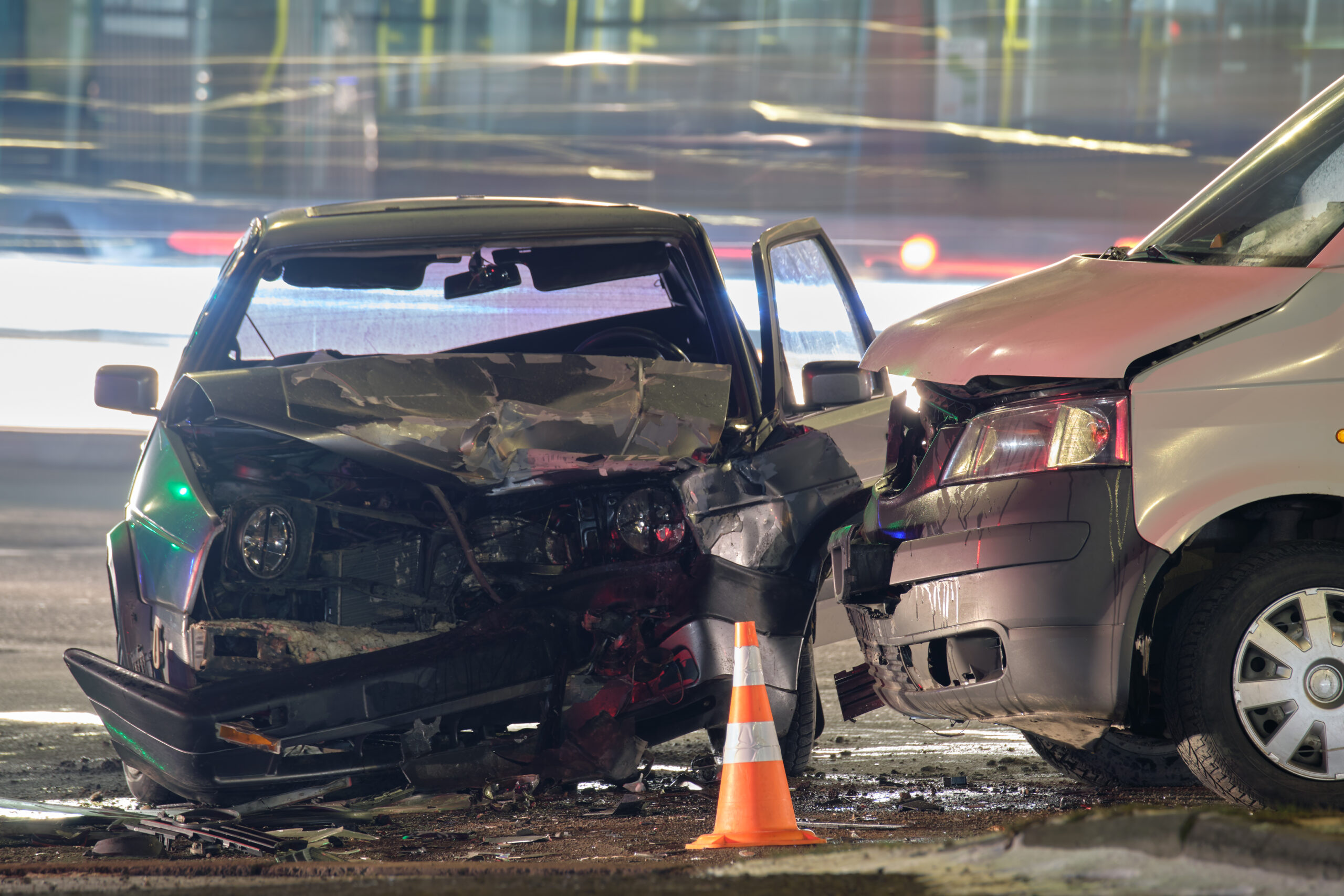How To Cope With the Emotional and Physical Fallout of a Drunk Driving Crash
Coping with the aftermath of a drunk driving crash is a complex process that involves addressing the emotional and physical trauma that follows. Such a traumatic event can leave survivors with long-term injuries, emotional scars, and legal complications. Understanding the depth of this impact, identifying the necessary steps for recovery, and learning how to rebuild your life are crucial. This article explores the essential pathways to healing and provides valuable insights for those affected by this harrowing experience.
Navigating Legal and Insurance Processes After a DUI Accident

After a drunk driving crash, the road to restitution is often paved with legal and insurance claims. This path may feel overwhelming considering the emotional and physical tribulations one has endured. Understanding one’s rights and the laws governing DUI accidents is fundamental for a fair outcome.
Seeking the expertise of legal professionals is a critical step. They can provide clear guidance through paperwork, deadlines, and legal jargon. For instance, navigating a drunk driving accident in Chicago requires an adept understanding of Illinois state laws and the nuances of local legal procedures.
Dealing with insurance companies is an inevitable part of the post-crash process, in tandem with legal pursuits. Survivors should communicate thoroughly with their insurance providers, understanding their policy coverage in detail. They should also be prepared for the possibility of dealing with the insurance company of the at-fault driver, which can be a more adversarial interaction.
During this time, meticulous documentation of all interactions, expenses, and medical treatments becomes a survivor’s ally in ensuring they are adequately compensated for their losses. Organized records aid in legal and insurance processes and can help close this painful chapter with the financial support necessary for a full recovery.
Seeking Support: Therapy and Counseling for Emotional Recovery
The psychological aftermath of a drunk driving crash can be as debilitating as the physical injuries. It’s not uncommon for survivors to experience signs of depression, anxiety, or PTSD. In these instances, therapy and counseling offer a critical lifeline. Mental health professionals can provide tailored support and coping strategies that address each individual’s unique emotional needs.
Group counseling may offer additional comfort, allowing survivors to share experiences with others who empathize with their plight. This shared understanding can build a support community, reinforcing that no one has to walk the recovery path alone. These sessions can foster resilience and aid in developing a network that promotes healing.
Furthermore, reaching out to local support groups and community organizations that specialize in helping DUI crash survivors and their families can provide both practical assistance and emotional solace. Such organizations often advocate for positive changes in DUI laws and awareness campaigns.
Regardless of the format, therapy and counseling should be considered integral to the healing process. They aid in the initial recovery and safeguard long-term emotional well-being. Therapy is a proactive step towards reclaiming control over one’s life in the wake of trauma.
Physical Rehabilitation and Self-Care Following a Drunk Driving Injury

For many survivors, physical rehabilitation can be a prolonged and arduous journey. Recovery often requires a team of health care professionals—physical therapists, occupational therapists, and sometimes speech-language pathologists, for those who have sustained significant injuries. Each specialist plays a role in helping the survivor regain strength, mobility, and independence.
Physical rehabilitation is also complemented by self-care. Rest, proper nutrition, and hydration are foundational elements that support the body’s natural healing processes. Pain management is a significant aspect of self-care, requiring careful consideration and sometimes the guidance of medical professionals to navigate.
Active participation in the recovery process is crucial. Setting realistic, incremental goals can give survivors a sense of achievement and progress. It also helps maintain a positive outlook, essential for mental and emotional health during this physically demanding time.
Beyond the structured realm of rehabilitation, exploring alternative therapies like massage, acupuncture, or yoga can offer supplementary benefits. These can aid in holistic healing, addressing not just the physical but also the emotional and psychological components of recovery.
Overall, coping with the aftermath of a drunk driving crash necessitates a multifaceted approach that addresses the legal, emotional, and physical aspects of recovery. By seeking support through therapy, counseling, and physical rehabilitation, survivors can navigate the complexities of this traumatic experience and gradually rebuild their lives with resilience and determination.

